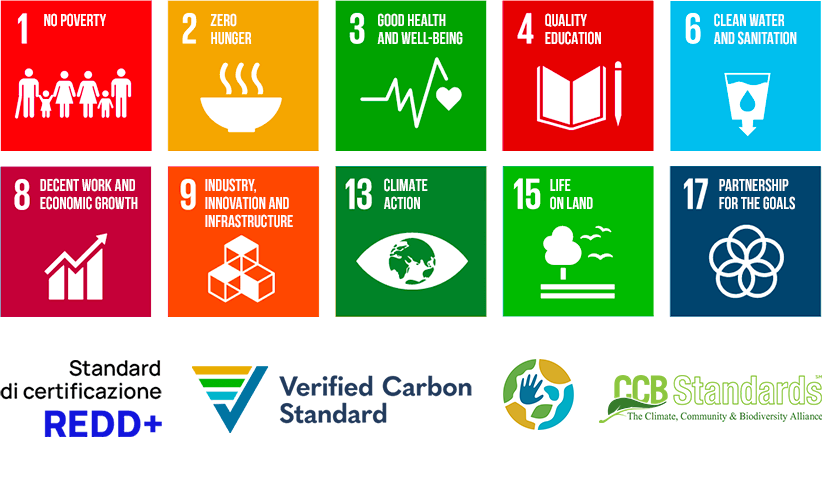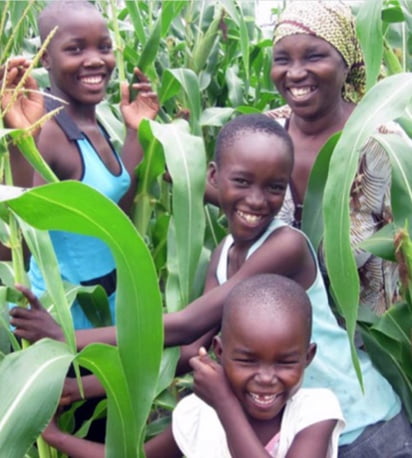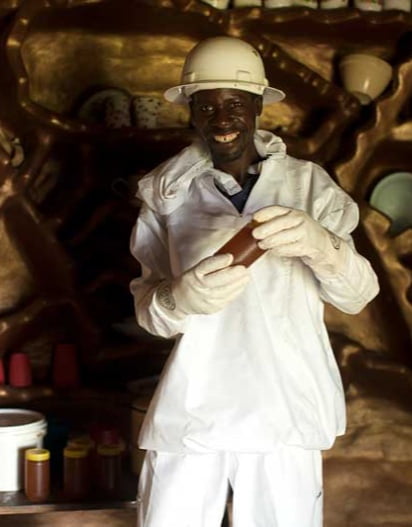Kariba forest protection project, Zimbabwe
Since its launch in 2011, the Kariba project has been protecting nearly 785,000 hectares from deforestation and soil degradation, preventing the release of over 3.5 million tonnes of carbon dioxide into the atmosphere each year. It is one of the most important accredited REDD+ projects. The area connects four national parks and eight safari reserves. In recent decades Zimbabwe has suffered from severe limitations of economic opportunities that have progressively pushed local communities to enter more and more forests, clearing and destroying the area to develop subsistence agriculture and produce firewood. More than a third of Zimbabwe's majestic forests went lost.
Project Name
KARIBA REDD+ PROJECT
CERTIFICATION STANDARDS: REDD+ 

The project has received a new award: CBBS, related to projects that address climate change, support local communities and smallholders and conserve biodiversity.


Environmental impacts and biodiversity benefits
Environmental impacts. The protected area extends south of the shores of Lake Kariba near the border between Zimbabwe and Zambia. It is a gigantic corridor of biodiversity protecting an expansive forest of nearly 785,000 hectares and numerous vulnerable and endangered species. The above has enabled a reduction of over 3.5 million tons of CO2 on average every year since 2011.
The project has also led to a decrease in poaching pressure on wildlife through regular patrolling activities in close cooperation with local rural district councils (RDCs). In fact, from July 2019 to June 2021, teams were engaged in patrolling for about 3,930 days, removing 3,739 traps from the field.
Projects aimed at forest fire containment and prevention were also initiated.


Social impacts. The project supports a range of activities to promote the independence and well-being of local communities by creating jobs and sustainable incomes, benefiting the entire region. The main interventions concerned:
- improvement of health services and healthcare through 14 clinics;
- the re-commissioning of 147 wells which allowed 37,000 people to access drinking water;
- school subsidies for the poorest communities;
- development of conservation agriculture, with the creation of gardens managed by the local community, training courses for beekeeping (71 courses with 1552 participants) and fire management.
- the improved skills and/or knowledge of 11,694 local community members, including 5,972 women;
- the increase in the number of people, 34,250, who experienced an increase in water quality and/or improved access to drinking water as a result of project activities, measured against the no-project scenario.
Latest updates GHG emission reductions. Date of issue: 30 June 2021
The project has proven effective in reducing deforestation in the target area: net VCUs generated since the project began are 35,838,403 tCO2.
Between July 1, 2019 and June 30, 2021, the period during which the last monitoring took place, the Kariba REDD+ project has reduced 7,932,595 tCO2 of GHG emissions in the project area through the reduction of deforestation and forest degradation on 784,987 hectares. After deducting 14% for risk buffer credits, the net VCUs to which the project is eligible in this monitoring period are 6,822,032 tCO2.

